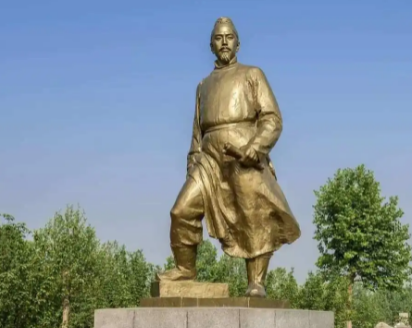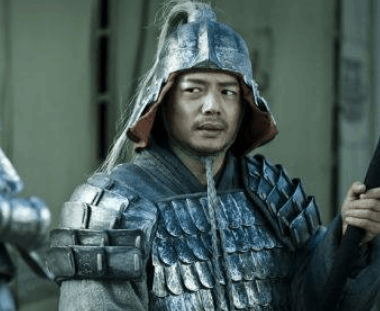In the ancient history of China, many allusions and idioms have been handed down to the present day, among which "happy not to miss Shu" is a household example. This idiom is related to Liu Chan (A Dou) during the Three Kingdoms period. It is said that his words once made Sima Zhao laugh to death. So, what happened behind this? This article will delve into it.

I. The Story of A Dou and "Happy not to Miss Shu"
A Dou, also known as Liu Chan, was the son of Liu Bei, the founding emperor of Shu Han. After the fall of Shu Han, A Dou was taken to Luoyang and became a captive of the Jin dynasty. According to the "Records of the Three Kingdoms", one day, Sima Zhao asked A Dou whether he missed his old country of Shu. A Dou replied, "I am happy here and do not miss Shu." This meant that his life was now happy and he no longer missed Shu. This story later evolved into the idiom "happy not to miss Shu", which is used to describe people who are content with their current situation and have forgotten the past pain or ideals.
II. The Story of A Dou's Words That "Killed" Sima Zhao with Laughter
The claim that A Dou's words made Sima Zhao laugh to death actually has no solid historical basis. This claim may be an exaggerated interpretation of historical stories by later generations. We cannot find direct evidence in historical documents that Sima Zhao died of laughter because of A Dou's words. In fact, Sima Zhao died in 265 AD, while A Dou died in 271 AD, with a gap of six years between their deaths.
III. Conclusion
The idiom "happy not to miss Shu" does originate from a phrase spoken by A Dou, but the claim that his words made Sima Zhao laugh to death has no historical basis. Although this story is interesting, we should be careful to distinguish between truth and falsehood when quoting it to avoid misleading others. By understanding the historical truth behind this idiom, we can better understand the characters and fates of historical figures, and also be able to use these allusions and idioms more accurately.
Disclaimer: The above content is sourced from the internet and the copyright belongs to the original author. If there is any infringement of your original copyright, please inform us and we will delete the relevant content as soon as possible.






























